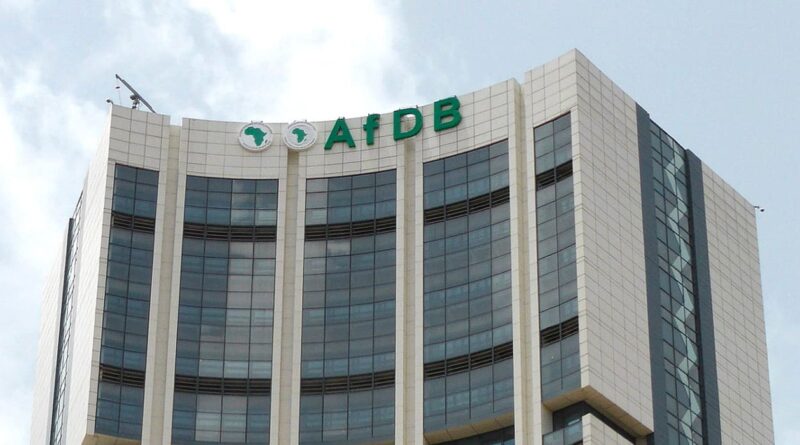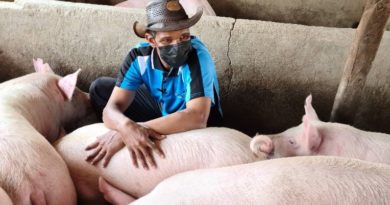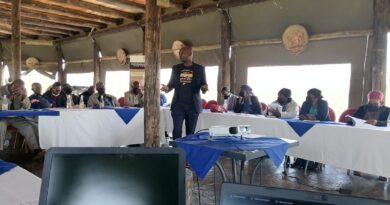AfDB announces 5-year $10b support for Africa’s food agriculture initiative
Vice President Slumber Tsogwane yesterday graced the opening of the Dakar 2 Feed Africa summit in Senegal where the Africa Development Bank (AfDB) announced US$10 billion support for the continent’s food and agriculture initiative over the next five years.
The initiative, dubbed compact agriculture, aims at producing agricultural products of optimal quality and quantity in a little surface area.

AfDB president Dr Akinwumi Adesina announced that the initiative was meant to assist countries to achieve food security on a large scale. Giving Ethiopia as an example, he said four years ago, through its technologies for African transformation, the country produced a staggering 800 000 hectares of heat-tolerant wheat from the initial 5 000 hectares.
That proved the country was capable of becoming a wheat exporting nation, Dr Adesina said. A similar feat, he said, was achieved in Sudan where 317 000 hectares of wheat were cultivated in three years cutting imports by half.
Dr Adenisa emphasised the need for improved infrastructure, energy, markets, irrigation inputs, food processing and value addition as well as supporting policies and financing. He therefore appealed for support from political leaders and development partners as well as private sector investment around production, markets and trade to increase food production in Africa.
A food secure continent was crucial in the wake of food uncertainty around the world, said Dr Adesina. The AfDB chief also called on governments, development partners and the private sector to support food sustenance initiatives.
In addition, he called for greater political accountability to ensure that Africa could feed itself adding that decisive actions should be taken to secure food supplies.
“Achieving this will require more productive, competitive, dynamic and environmentally sustainable food systems. We should support farmers, we can not abandon African farmers, especially smallholder women and get young people into agriculture as a business and not a development activity,” he emphasised.
Dr Adesina encouraged leaders to make agriculture and agribusiness attractive by supporting players in the sector, especially women-led ventures. He said agro-processing zones and agriculture sector value-addition initiatives were imperative in ensuring that regional trade was boosted through implementation of the Africa Continental Free Trade Area.
The summit is held under the theme; Feeding Africa: Food Security and Resilience and aims at galvanising governments, development partners and the private sector around food and agriculture delivery compacts for each country to achieve food security.



